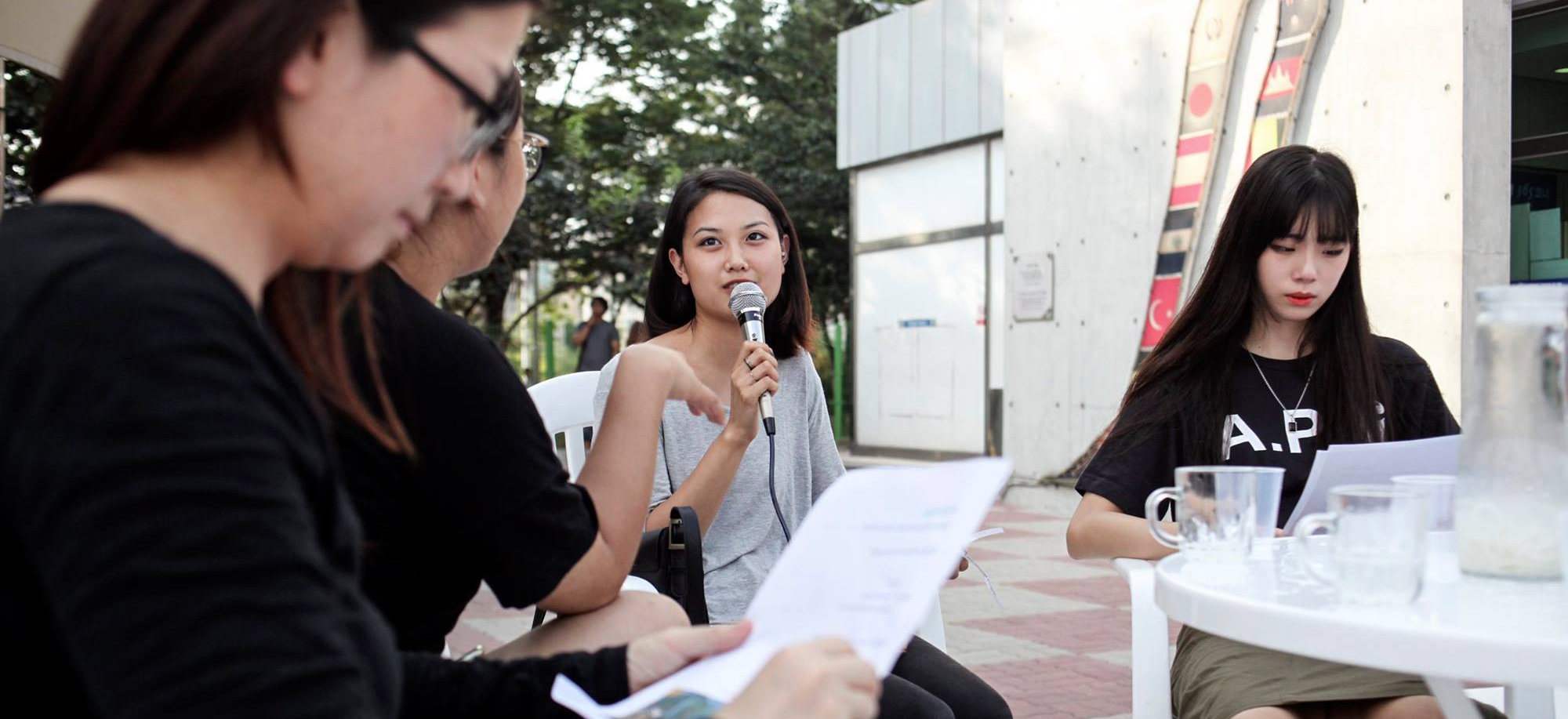Wellesley-funded Internships & Grants FAQs
Wellesley-funded Internships & Grants FAQs

Emily Chun ’17, Art History Community Space Litmus, Korea (2016)
Frequently Asked Questions
You’ve got questions, we’ve got answers. Take a look at the frequently asked questions for help with:
Applications | Eligibility | Funding | Summer Commitment & Planning








